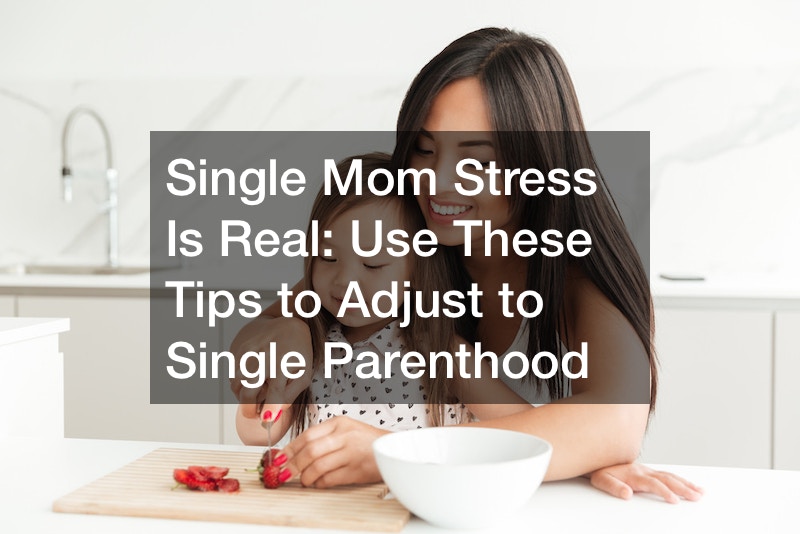Maternity care is a crucial aspect of a woman’s health during pregnancy, encompassing everything from medical care to personal wellness practices. As such, it’s essential for expecting mothers to adopt healthy habits that support their physical and emotional well-being throughout this transformative period. In this article, we explore some of the best maternity care tips that have been beneficial for many women during their pregnancies.
1. Prioritize Protein Intake
Protein is a critical nutrient for pregnant women as it supports fetal growth and helps manage hunger, which can be particularly intense during pregnancy. Ensuring that meals and snacks are rich in proteins helps maintain stable blood sugar levels and provides sustained energy throughout the day. Foods like beans, hemp seeds, eggs, yogurt, cheese, and various meats are excellent sources of protein that can be easily incorporated into a balanced diet.
2. Increase Water Intake
Hydration is more important during pregnancy than at most other times. Due to increased blood volume and the need to form amniotic fluid, drinking plenty of water is essential. It’s advisable to carry a reusable water bottle and sip throughout the day, ensuring that hydration needs are met. This not only supports physical health but also alleviates some common pregnancy symptoms such as headaches and constipation.
3. Manage Digestive Health
Many women experience digestive issues during pregnancy, such as heartburn, bloating, and constipation. To manage these, avoid lying down immediately after meals to prevent acid reflux and eat slowly to aid digestion. Consuming almond milk can help neutralize stomach acid, thanks to its calcium carbonate content. Additionally, limiting intake of gas-forming foods like cauliflower and broccoli can reduce bloating, while increasing fiber intake from fruits and vegetables can alleviate constipation.
4. Keep the Skin Moisturized
The stretching skin on the belly and other areas can often become dry and itchy. Regularly moisturizing these areas with natural oils, such as sweet almond oil, helps maintain skin elasticity and prevent discomfort. This routine not only soothes the skin but also contributes to relaxation and stress relief.
5. Embrace Body Positivity
Physical changes during pregnancy can be substantial, and it’s essential to maintain a positive body image. Engaging in positive self-talk and embracing the changes rather than resisting them can significantly enhance mental health. Remember, every change your body undergoes during pregnancy is part of a natural process geared toward supporting the development of your baby.
6. Improve Sleep Quality
As the pregnancy progresses, finding a comfortable sleeping position can become challenging. Using multiple pillows to support your body and align your hips can greatly improve sleep quality. Furthermore, it’s helpful to establish a relaxing bedtime routine and limit fluid intake in the hours before bed to reduce nighttime trips to the bathroom.
7. Maintain Oral Hygiene
Pregnancy can lead to increased sensitivity and bleeding of the gums, making oral hygiene more important than ever. Using a water flosser can be an effective way to gently clean the spaces between your teeth and along the gum line, reducing the risk of gum disease and other dental issues during pregnancy.
8. Support Your Pelvic Floor
Pelvic health is a vital part of maternity care. Engaging in pelvic floor exercises, such as Kegels, helps strengthen the muscles and can alleviate discomforts such as pelvic girdle pain. It’s also beneficial to consult a pelvic floor therapist who can provide specialized exercises and advice tailored to your body’s needs.
9. Stay Physically Active
Moderate exercise, such as walking, can be incredibly beneficial during pregnancy. It helps maintain cardiovascular health, manage weight, and reduce stress. Even simple, regular walks can significantly impact your overall health, helping to keep the hips flexible and the blood circulating well.
10. Care for Your Mental Health
Finally, taking care of your mental health is as important as maintaining physical health. Pregnancy can be a rollercoaster of emotions, and it’s crucial to have strategies in place for managing stress and anxiety. Building a strong support network, communicating openly about your feelings, and possibly seeking professional help are all effective strategies for ensuring emotional well-being during this time. Talking with friends and family can make a world difference. A structured support system is perfect for taking care of yourself and your new baby. Mental health is just as important as physical health.
Adopting these maternity care practices can make a significant difference in your pregnancy experience. From dietary changes to physical exercises and mental health strategies, each aspect of maternity care plays a unique role in supporting both the mother and the developing baby. By taking proactive steps to manage your health and well-being, you can ensure a healthier, more comfortable pregnancy journey.
.





